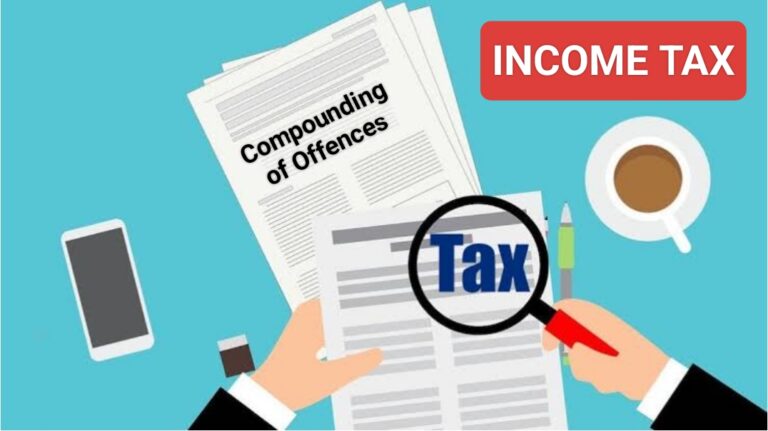As per the New Guidelines, the time restriction of 36 months for filing compounding applications from the date of complaint filing has been removed.
The Central Board of Direct Taxes (CBDT) has released New Guidelines for Compounding of Offences under the Income-tax Act, 1961, effective from October 17, 2024. These new guidelines, in line with the Hon’ble Finance Minister’s budget announcement, aim to simplify and streamline the compounding process. They replace all previous guidelines and will apply to both pending and new applications from the issue date.
The new guidelines are expected to reduce complexities, making the process more accessible for taxpayers by eliminating multiple guidelines, simplifying procedures, and lowering compounding charges. Key improvements include:
- No Categorization of Offences: The new guidelines eliminate the need for categorizing offences, simplifying the entire process.
- Removal of Filing Limitations: Previously, taxpayers were restricted on how often they could file for compounding. This limitation has been removed, and fresh applications can be made after addressing any defects.
- Compounding of Offences under Section 275A and 276B: Offences under these sections are now eligible for compounding, offering further flexibility.
- Abolishment of 36-Month Time Limit: The old-time restriction of 36 months for filing compounding applications from the date of complaint filing has been removed.
- Facilitation for Companies and HUFs: Companies and HUFs no longer need the main accused to file the application. Both the main accused and any co-accused can apply for compounding by paying the relevant charges.
- Rationalization of Compounding Charges: Significant changes in compounding charges include the removal of interest for delayed payments, reduced rates for various offences like TDS defaults (now a single rate of 1.5% per month), and simplified calculations for non-filing of returns. Additionally, separate compounding fees for co-accused individuals have been eliminated.
These revised guidelines represent a major step towards simplifying tax compliance and reducing the burden on taxpayers, promoting ease of compliance under the Income-tax Act.
The CBDT’s new compounding guidelines aim to improve efficiency, making it easier for taxpayers to resolve their tax offences without facing the hurdles of previous regulations.
To Access the official press release of CBDt Click Here
READ MORE
Frequently Asked Questions (FAQs) on Direct Tax Vivad Se Vishwas Scheme, 2024
